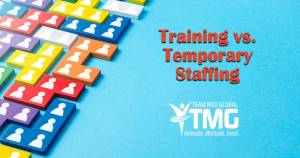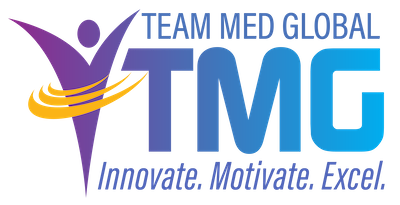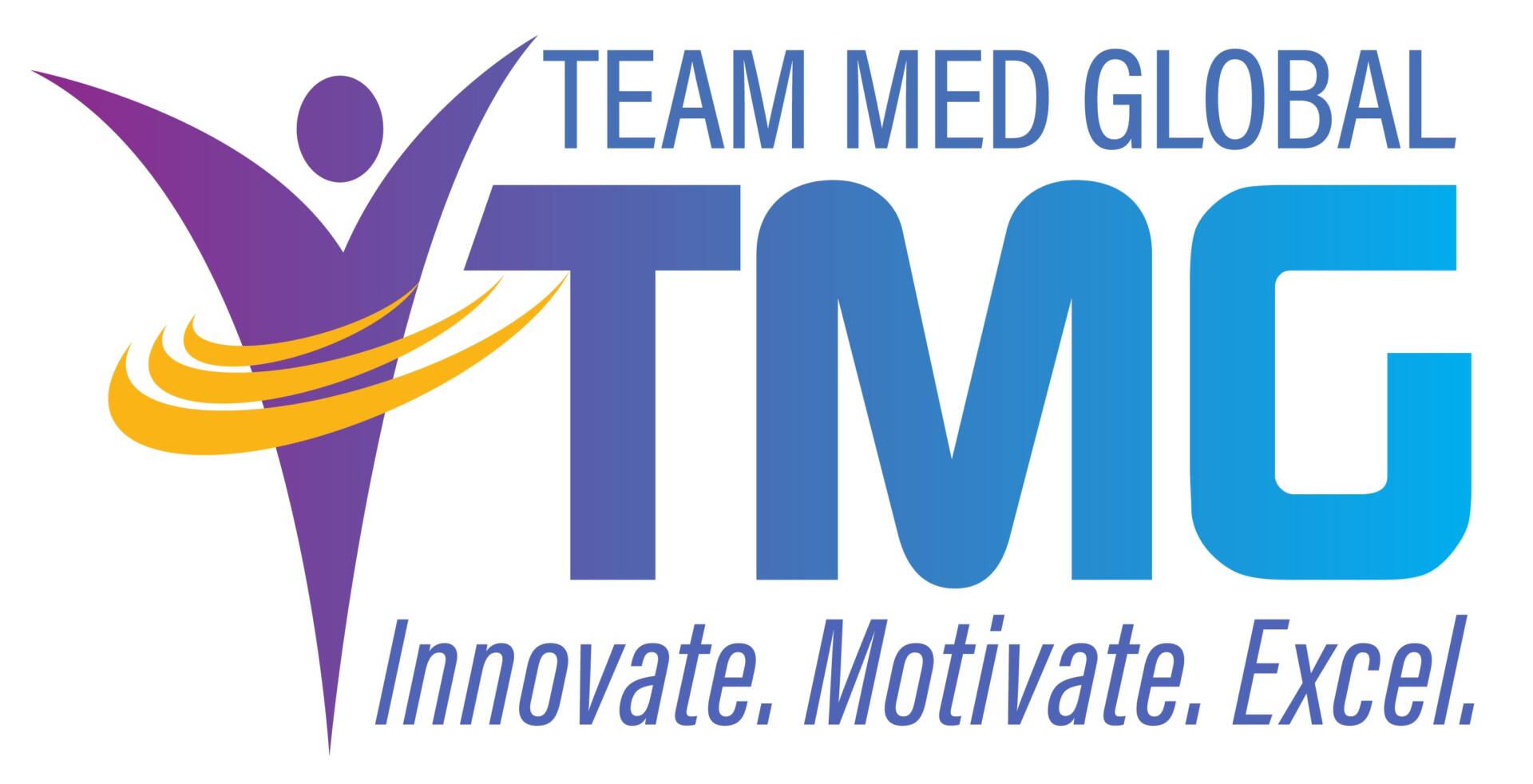 Healthcare organizations face an ongoing challenge of optimizing staff resources. Balancing the need for specialized expertise, operational efficiency, and cost-effectiveness requires careful consideration when deciding between training existing staff or hiring temporary staff.
Healthcare organizations face an ongoing challenge of optimizing staff resources. Balancing the need for specialized expertise, operational efficiency, and cost-effectiveness requires careful consideration when deciding between training existing staff or hiring temporary staff.
Training and Cross-Training
Training existing MSP staff members can be an effective strategy when time permits and the required skills are relatively straightforward. This approach is particularly beneficial for introducing new processes, systems, or technologies that require a level of familiarity to ensure efficient operations. Training allows organizations to leverage the existing knowledge and experience of their workforce, leading to a smoother transition.
Cross-training takes the training approach one step further by expanding the skill sets of existing team members. When staffing demands fluctuate or specialized tasks arise, cross-training offers the flexibility to reallocate resources internally. It enhances employee versatility, promotes a broader understanding of various roles, and fosters a collaborative work environment. Cross-training is particularly valuable in smaller facilities where staffing resources may be limited.
Uptraining and Advancement
When new or advanced skill sets are required within the existing staff, uptraining is an appropriate approach. Uptraining involves providing training and development opportunities that enable existing MSPs to acquire more advanced knowledge and skills. This method not only enhances employee engagement and satisfaction but also strengthens the organization’s capabilities without the need for external recruitment.
By investing in uptraining, healthcare organizations can promote professional growth and offer a clear career pathway for their staff. It not only increases employee retention but also helps foster a culture of continuous learning and improvement. Moreover, uptrained staff members tend to be more invested in their work, leading to improved quality of care and patient satisfaction.
Hiring Temporary Staff
There are situations where hiring temporary staff becomes a viable option. Temporary staffing provides a quick solution to meet short-term fluctuations in workload, such as seasonal variations or unexpected surges in application volume. Temporary staff members can fill gaps without disrupting the existing workforce, ensuring seamless operations and preventing burnout among permanent staff.
Temporary staff can also be valuable when specialized skills or expertise are required on a short-term basis. For instance, if a medical facility is implementing a new credentialing system, hiring temporary staff with relevant expertise can facilitate a smooth transition. In such cases, temporary staff can bring fresh perspectives and knowledge without the need for extensive training or long-term commitment.
Furthermore, temporary staff can offer a solution during transitional periods, such as staff absences due to parental leave, sabbaticals, or medical reasons. Rather than burdening existing staff with additional responsibilities, hiring temporary replacements ensures continuity of services and maintains operational efficiency.
Finding the Right Balance
While each approach has its merits, the decision to train existing staff or hire temporary staff should be based on a comprehensive assessment of the specific needs and constraints of the organization. Factors such as time, urgency, complexity of skills required, cost considerations, and long-term staffing goals should be taken into account.
A strategic approach may involve a combination of methods. For instance, training and cross-training can be implemented alongside uptraining initiatives to create a well-rounded workforce capable of adapting to changing demands. Temporary staffing can then be utilized for short-term spikes in workload or when specialized expertise is needed.
A balanced approach that combines appropriate training and development initiatives with temporary staffing solutions can help healthcare organizations optimize their workforce, ensure operational efficiency, and maintain high-quality patient care. By making informed choices, organizations can thrive in an ever-evolving healthcare environment while empowering their staff to grow and excel.
Team Med Global provides on-site and virtual training for organizations wishing to train, cross-train, or uptrain existing staff, while ProVISIONary staffing delivers right-fit temporary MSPs to handle surges, provide specialized skills, or fill gaps due to staff absences. Contact maggie(at)teammedglobal(dot)com to learn more.

